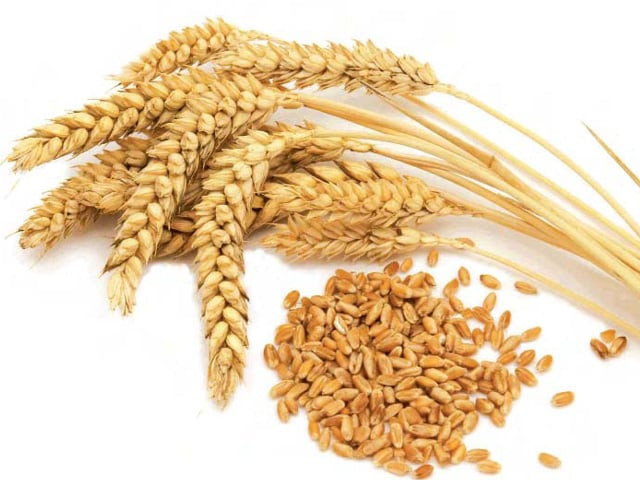Regional trade: Onions versus wheat
Commodity markets in India say the outlook for Pakistan's wheat harvest for 2010-11 is questionable.

Unfortunately, simple solutions do not easily appeal to the governments of India and Pakistan. The net result: governments intervene to come between the citizens of the two countries, impacting largely the poor.
India is facing an acute shortage of onions because floods hit the most important onion production centre, Nasik in Maharashtra. The crisis has been building up for some time, leading to an objective shortage of onions, especially in North India where they are a food staple.
Around Delhi, onions are now selling at 60 Indian rupees (INR) a kilogramme in the retail market – up from INR20 a few weeks ago. The Indian government has been intervening in every possible manner, ranging from the sublime to the ridiculous, to show that it is working hard to keep prices in check.
Government-owned vans are selling produce at strategic points in the capital at ‘mandi’ rates, while the income tax department has conducted searches in the homes and shops of wholesale traders they suspect have been holding back stock till prices rise.
Onion traders in Delhi’s wholesale markets even went on a day’s strike to protest against such treatment by the state.
India had imposed a ban on the export of onions in December and did away with import duty, asking the State Trading Corporation to invite import bids from all possible sources. Pakistan responded and on January 6 this year, onion-laden trucks bound for North India reached the Wagah border.
There the transporters were informed by the authorities that they could not proceed because Pakistan had prohibited the export of onions. The ban was reaffirmed by Pakistan on 10 January.
Same story, different side
The story of wheat export from India is no different. The country has had a bumper crop of wheat and procurement this year has been massive. India has surplus wheat stocks of 21.5 million tons, against a target of 8.2 million tons.
It sells the world 650,000 tons of wheat products currently, even though there is a ban on export of the actual commodity itself. This is driven by fears that food inflation, which has been hovering between 16 and 18 per cent, could spiral out of control any time.
Pakistan, in contrast, is struggling to keep wheat prices down. A Reuters report in August 2010 suggested that it was likely to cancel plans of exporting two million tons of surplus wheat in the wake of devastating floods.
Commodity markets in India say the outlook for Pakistan’s wheat harvest for winter 2010-11 is questionable, owing to non-availability of water on account of a amaged irrigation network, continued inundation of agricultural land, loss of seeds for planting and agricultural inputs (such as fertiliser) and massive migration of farmers.
This should spur the Indian government to lift the ban on exports so that traders can sell wheat to a neighbour, incurring lowest possible overheads. Nonetheless, it has been suggested that the export ban on the commodity is unlikely to go.
So, Pakistan will cling on to its onions and India will stick to its wheat, resulting in losses and impoverishment on both sides as both tap the international markets and traders at the Chicago commodities exchange laugh their way to the bank.
The writer is the Express Tribune’s New Delhi correspondent
Published in The Express Tribune, January 17th, 2011.



















COMMENTS
Comments are moderated and generally will be posted if they are on-topic and not abusive.
For more information, please see our Comments FAQ